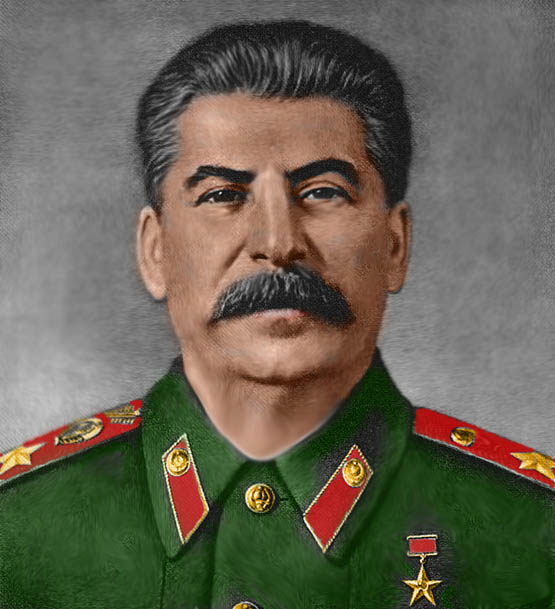Are there any settings in this novel which you have found to be beautiful? or disturbing? or memorable? describe these settings and comment on why they were meaningful to you.
The rat room of 101 in the torture room is the most disturbing setting in the novel. Since this setting is also the climax of the novel, my attentions were focused deeply onto this setting. However, as I paid closer attention to the setting, the setting began disgusting me more and more.
Consisting of dark and vapory walls, the room smelled of rotten mice. There was an air of disease in the room and death lured Winston’s nose. The atmosphere of death disgusted me out. I wanted to skip this passage through as fast as I can. Nonetheless, because this passage was the climax of the novel, I could not skip this passage through. I read this passage repeatedly until I almost memorized it by heart.
The description word choices that Orwell had made inspired my dark thoughts to arouse and take over my mind. I suddenly feared the setting; I began to share to fear that Winston was suffering from. It felt like as if I was in the situation. The constant agitation of the setting carved into my mentality. The setting disturbed me and left a permanent mark in my mind.
The rat room of 101 in the torture room is the most disturbing setting in the novel. Since this setting is also the climax of the novel, my attentions were focused deeply onto this setting. However, as I paid closer attention to the setting, the setting began disgusting me more and more.
Consisting of dark and vapory walls, the room smelled of rotten mice. There was an air of disease in the room and death lured Winston’s nose. The atmosphere of death disgusted me out. I wanted to skip this passage through as fast as I can. Nonetheless, because this passage was the climax of the novel, I could not skip this passage through. I read this passage repeatedly until I almost memorized it by heart.
The description word choices that Orwell had made inspired my dark thoughts to arouse and take over my mind. I suddenly feared the setting; I began to share to fear that Winston was suffering from. It felt like as if I was in the situation. The constant agitation of the setting carved into my mentality. The setting disturbed me and left a permanent mark in my mind.






